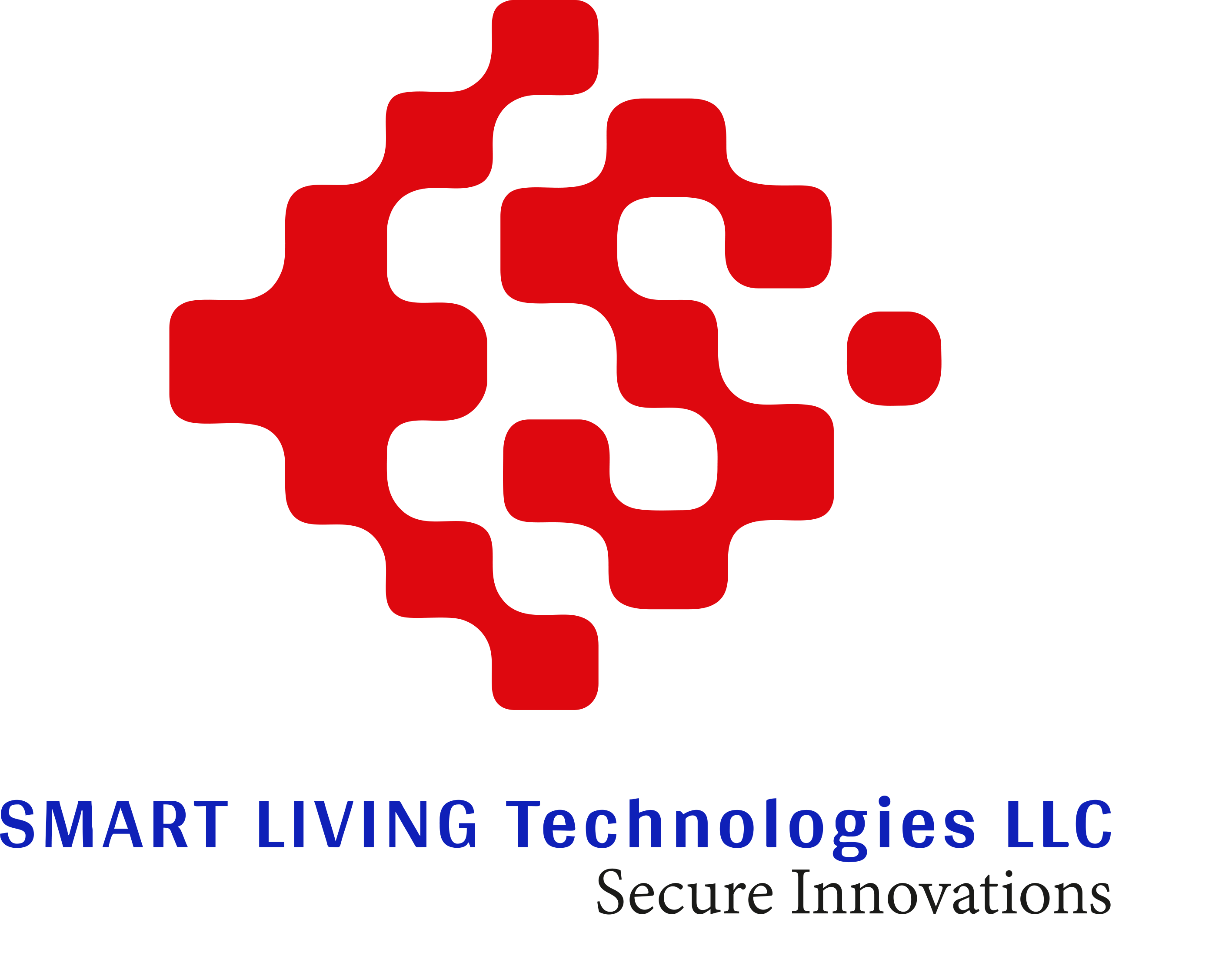Warehousing in Dubai faces unique challenges due to extreme climate conditions. Businesses need efficient systems to protect goods and reduce energy waste. The best approach is adopting an Industrial Temperature Control Solution in Dubai Warehouses, designed to keep environments stable, secure, and energy-friendly.
Rising energy costs and sustainability goals are pushing companies to rethink operations. An Industrial Temperature Control Solution in Dubai Warehouses offers reliable climate stability while lowering operational expenses. This ensures warehouses meet compliance, protect goods, and maintain energy efficiency in the competitive UAE market.
Why Energy Savings Matter in Warehousing
Energy costs in warehouses are often underestimated. Cooling systems work harder in Dubai’s heat, driving electricity bills higher. Energy efficiency not only saves money but also aligns with Dubai’s green initiatives.
Efficient control systems also reduce equipment strain. This increases lifespan and lowers maintenance needs. A proactive energy strategy supports both financial health and environmental responsibility.
Key Benefits of Smart Warehouse Climate Systems
Modern solutions deliver more than just cooling. They create a balanced, monitored, and optimized environment.
- Product Protection: Sensitive goods stay safe in consistent climates.
- Compliance Assurance: Meets international and UAE-specific warehouse standards.
- Energy Reduction: Intelligent controls cut unnecessary energy waste.
- Scalable Systems: Adaptable for small storage areas or large industrial facilities.
- Operational Continuity: Fewer breakdowns ensure smoother supply chain operations.
Top Features of Modern Climate Control
Smart technologies now make warehouses more efficient than ever. Key features include:
- Automated Adjustments: Systems monitor and adapt to real-time conditions.
- IoT Integration: Enables centralized control across multiple facilities.
- Predictive Maintenance: Detects potential issues before breakdowns occur.
- Remote Management: Control and monitor conditions from anywhere.
- Energy Dashboards: Track consumption and optimize usage patterns.
These features empower businesses to manage both costs and compliance effectively.
Choosing the Right Industrial Temperature Control Solution in Dubai Warehouses
Selecting the right system depends on warehouse size, industry needs, and energy priorities. A tailored approach ensures efficiency.
- Industry-Specific Needs: Pharma, food, and electronics require strict standards.
- Warehouse Layout: Open spaces demand different solutions than compact storage units.
- Budget Alignment: Systems range from basic controls to advanced automation.
- Sustainability Goals: Many firms now prioritize eco-friendly technologies.
Working with specialists like Smart Living Technology ensures solutions align with business goals and compliance needs.
The Role of IoT in Warehouse Efficiency
IoT devices are reshaping how warehouses function. Real-time monitoring prevents costly energy waste.
Sensors collect data on temperature, humidity, and usage patterns. The system then makes adjustments automatically. This reduces human error and optimizes performance.
IoT integration also helps track compliance. Businesses can demonstrate precise environmental records during audits or inspections.
How an Industrial Temperature Control Solution in Dubai Warehouses Improves ROI
Energy savings directly affect bottom lines. Lower bills mean higher profit margins. Reliable systems also protect valuable goods, preventing costly losses.
With predictive maintenance, downtime is minimized. Reduced repairs and longer equipment lifespans enhance return on investment. Smart solutions pay for themselves over time.
Case Study: Improving Efficiency in Dubai Warehouses
A leading logistics provider faced rising energy costs in its Dubai facility. After installing a smart temperature control system, energy consumption dropped by 25%.
Goods stored at controlled temperatures experienced fewer damages. The company also improved compliance reporting, avoiding penalties.
The project showed measurable results within six months. This demonstrates the real-world value of adopting innovative solutions.
Challenges in Implementing New Systems
Adopting advanced systems can bring challenges, but solutions exist.
- High Initial Costs: Offset by long-term energy savings.
- Staff Training: Employees need guidance on using new tools.
- System Integration: Requires professional installation and alignment with existing infrastructure.
- Change Resistance: Overcome through leadership commitment and awareness.
With expert support, these challenges turn into opportunities for efficiency and growth.
The Future of Warehouse Climate Solutions in Dubai
By 2026, warehouses in Dubai will adopt more automation and green technologies. Governments encourage sustainable operations, while clients expect eco-friendly supply chains.
Solar-powered systems and AI-driven controls will reduce reliance on traditional energy. Businesses investing early in advanced solutions will gain competitive advantages.
Conclusion
The best step for efficiency is adopting an Industrial Temperature Control Solution in Dubai Warehouses. This approach safeguards goods, lowers costs, and boosts sustainability.
Companies like Smart Living Technology deliver systems that combine innovation, compliance, and cost savings. In a market where energy and efficiency matter, smart climate solutions ensure long-term success.
FAQs
Q1: What industries benefit most from warehouse temperature control?
Industries like pharmaceuticals, food, logistics, and electronics gain the most, as products need strict climate stability.
Q2: Can temperature control reduce warehouse energy bills?
Yes. Smart systems monitor and optimize energy use, cutting unnecessary consumption and lowering costs.
Q3: How long does it take to see ROI from a new system?
Most companies experience measurable savings within six to twelve months of installation.
Q4: Are these solutions suitable for small warehouses?
Absolutely. Solutions are scalable and can be tailored to fit facilities of any size.

